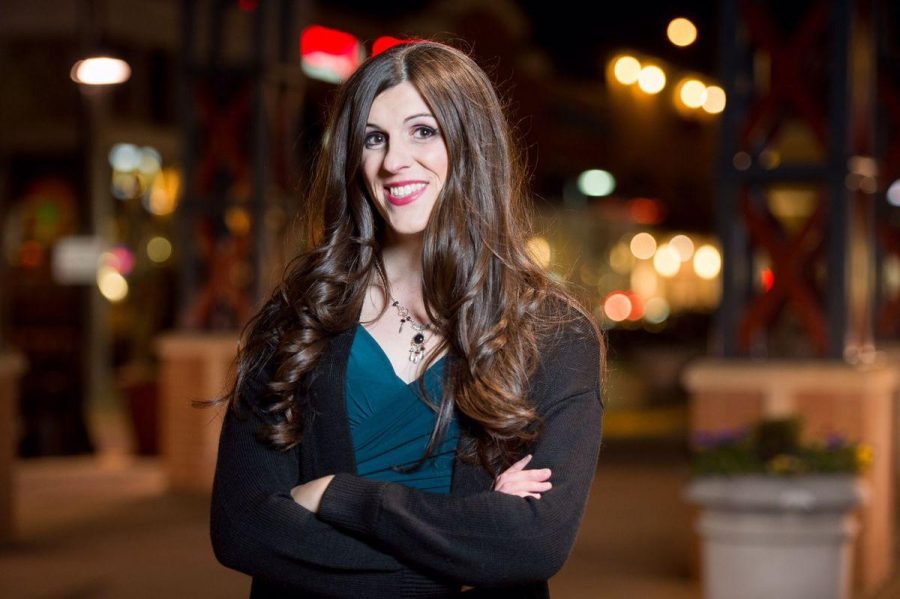By Kanika Miller and Alison Berstein
Staff Writers
Citizens of the U.S. are blessed with the privilege of having freedom of speech. This privilege is included in the First Amendment, the first in our Bill of Rights. The founders created this amendment to prevent corruption in the government as another way to keep the balance of power in check.
Many people use this right as a protection against negative responses towards their expression. Schools and communities across the country have gathered, seeking change in light of the race-based issues in Missouri. This demonstrates strength in numbers and the power that people have as agents of change when they band together for a common, progressive cause.
Many people abuse this power, however. They use their voices for cruelty. When they receive backlash for having voiced their cruel claims, they defend their statements under the basis of free speech. When someone asks, “Why did you say such a hateful thing?” the speaker’s response is, “I was only exercising my free speech.” There were multiple hateful comments regarding peaceful protests, including that of Simmons.
This is when everyone needs to understand the limits to freedom of speech: when public safety or security is threatened. Say what you want, but your free speech should not jeopardize the safety of the public, lest this speech be deemed unconstitutional. Consider the classic example of why you shouldn’t shout “fire!” in a crowded theater—your individual interest in a prank impedes upon the public wellbeing.
The same principle applies to those who use their words for hatred. Hate yields hate. If you use your free speech with malicious intent, guess what? It’s not free speech anymore. It’s pure, unnecessary spite. Think twice before you speak. Free speech is there for a reason—it by no means guarantees that you can say anything without repercussion. Just because you Ameri-can doesn’t mean you Ameri-should.
The crucial need to protect and uphold the freedom of speech has been with our country since the beginning. In a 1790 letter to the newly appointed President George Washington, clergyman Moses Seixas advocated for a government “which to bigotry gives no sanction, to persecution no assistance.”
Dear readers, use wise judgment. Reflect on your comment before uttering it aloud or posting it online—because it never truly goes away.

















